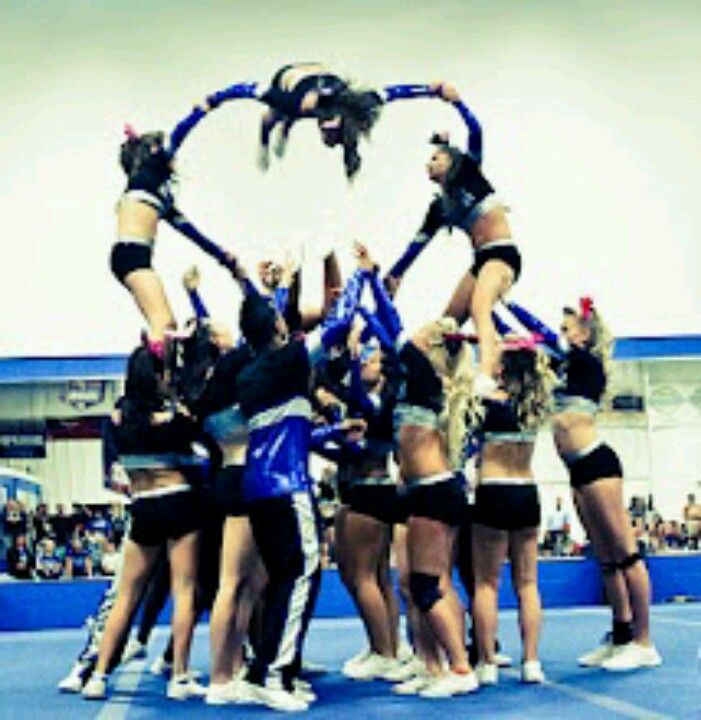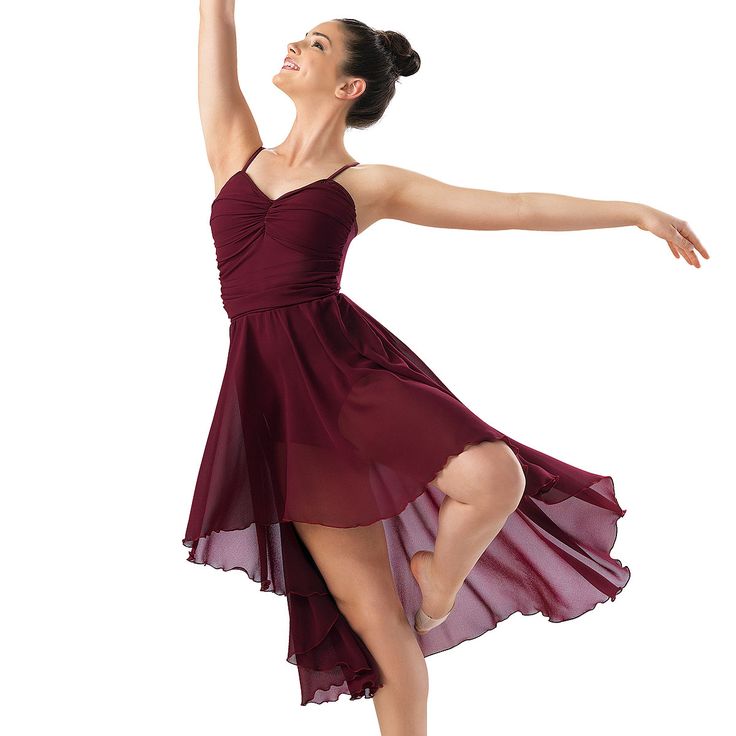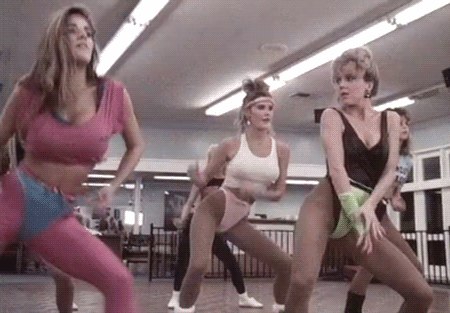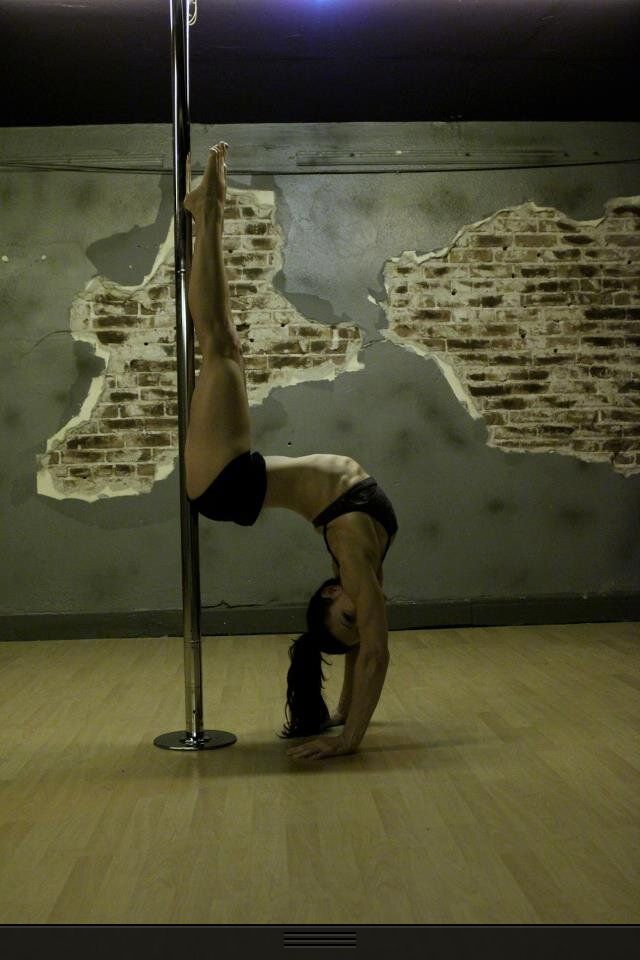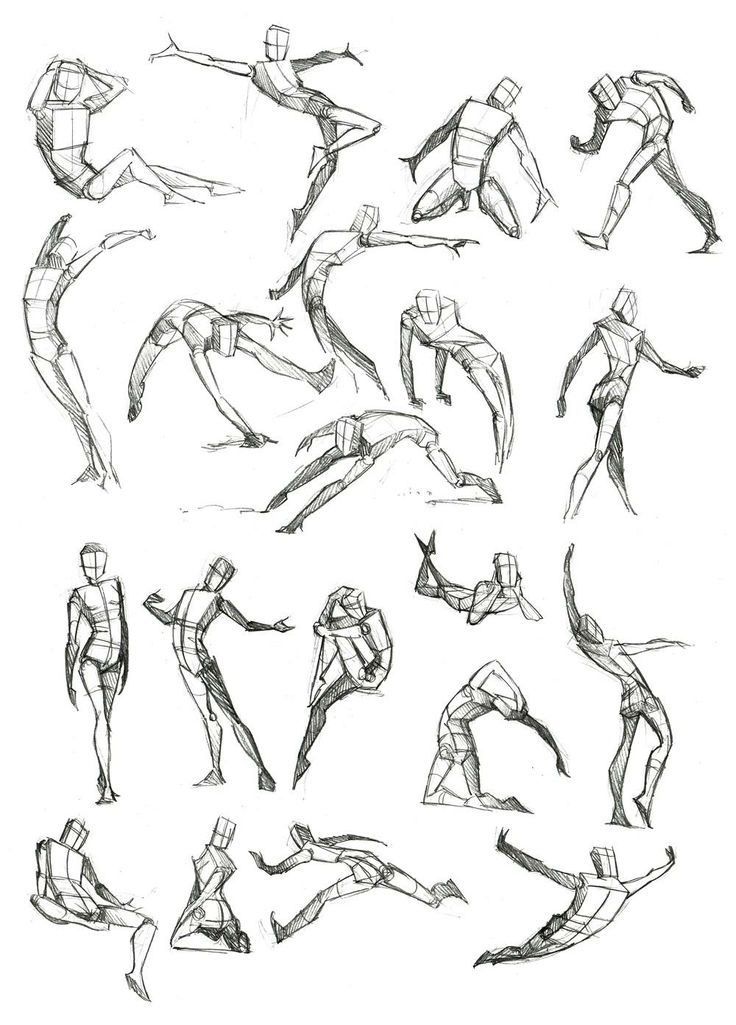How to start a competition dance team
How to Start a Competition Dance Team at Your Studio
Dance studios that have many classes and students may see some talent and want to consider starting a dance team. Here are five steps for creating a successful team that supports your business.
Why begin?
Why do you want to know how to start a competition dance team? Is this your idea? Are clients inquiring? In order to have a successful competition dance team, you’ll need a dedicated group of students. Gauge the interest of your clientele as well as their true dedication. Explicitly outline for them the time required for practicing, cost for competition, and travel involved. You don’t want to discover your team members have other obligations that take priority or cannot afford costs necessary to participate. Consider posting a sign in your studio and have those interested take a survey. Questions you might include:
- How many hours can you dedicate to practices?
- What other extracurricular activities do you have?
- Are you able to travel? If so, how far?
- Can you (or a parent) volunteer time to help with competitions?
- Have you ever been in a dance competition before?
Be prepared
When you decide to start a team, being prepared and well-organized helps with every part of the process from setting schedules to traveling to the competitions. It helps to make a list of all the tasks you will have. Be honest with yourself about the time necessary to take on these tasks. If you know you cannot handle everything yourself, bring on an assistant or reach out to parents to ask about their interest in volunteering time. You want to be able to lead a successful team, not get overloaded with all the details necessary to pull off a great competition. Remember, these small details all add up:
- Setting a schedule
- Leading practices
- Creating costumes
- Hair and make-up
- Competition applications
- Travel arrangements
Creating the team
If your studio caters to youth, it is a good idea to have an introductory meeting for parents. Let them know your plans as well as how you will create the team. Parents should be aware of time commitment and costs that are associated with competition teams for dance.
The size of your studio will help determine the size of the team and the method by which you pick members. To gather team members, you might consider an “invitation only” system if you have talent you wish to recruit.
To gather team members, you might consider an “invitation only” system if you have talent you wish to recruit.
Some studios hold tryouts to allow any student to apply. With tryouts, it will likely require a series of auditions and cuts. As you make cuts, be sure to offer honest feedback. You don’t want to alienate students but educate them on exactly what you are looking for and how, if they didn’t make the cut this time, they might make it in the future. Be clear that you are not just seeking talent, but dancers who are able to take on all the rigors of dance competitions and all that entails.
How to Start
A competition dance team should have specific expectations for team members. Some expectations may include:
- How many practices they can miss.
- What happens when they are late for practice.
- What behaviors will not be tolerated.
- When payments are due.
- How responsible they are for costumes, makeup, hair and travel.
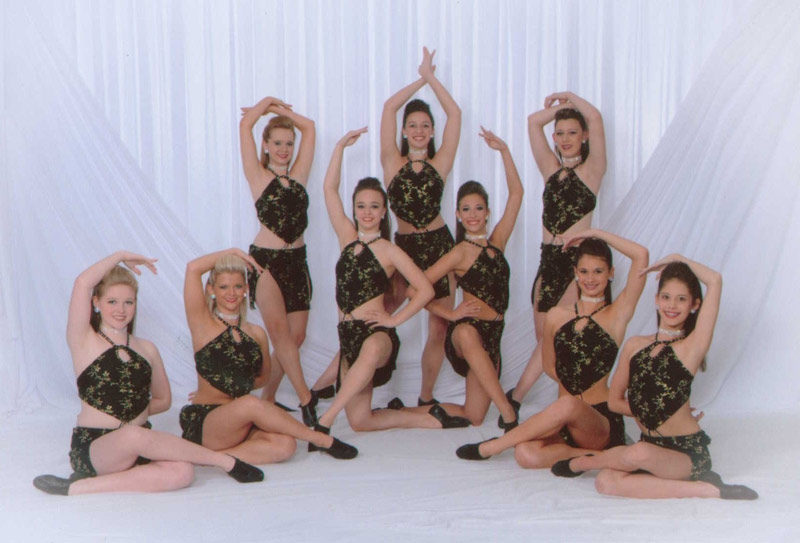
Set a practice schedule that allows for all dancers to attend. While there will be times when conflicts interfere with the schedule, if you do your best to create something that works well for the majority of dancers, you won’t have to make many compromises. As you start out, remember to be flexible as you learn what works best.
Practice, practice, practice
Competitions generally have strict guidelines. Teams must understand all the requirements and hone their skills. Create routines and then practice. Practice is vital for competition preparation. Help team members build bonds, work together, help each other and prepare for competition. They are not just individual dancers, but part of a team working together to do their best as a complete group.
Before attending your first competition, you might consider bringing in someone who has participated in such events and have him or her speak to your team. Give your dancers insight from someone who has been there so they know what to expect.
Photo by Walter under the Attribution 2.0 Generic license
How to Start a Competition Dance Team
March 31, 2015 Dance Competitions Eric Housh
When you’ve been running a successful recreational dance studio for a couple years and have some amazingly talented students in your classrooms, you might start to think about ways to show the world how great your dancers are. What better way to do that than start a competitive dance team at your studio? If you’re wondering how to start a competition dance team, follow these easy steps.
Gauge Interest
Before you jump head-on into planning, it’s a good idea to see how many of your students would be interested in joining a competition team.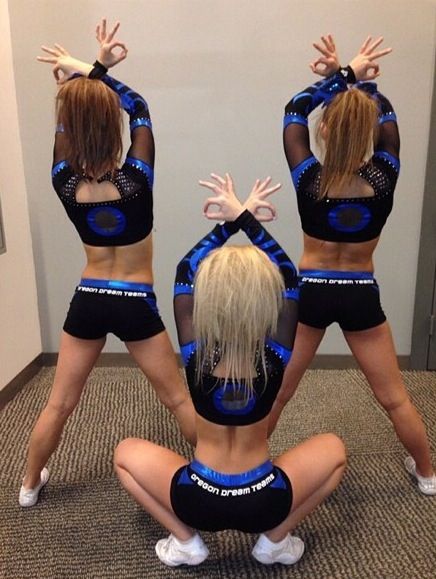 Some may be too busy with other sports or extracurriculars to dedicate enough practice time, and others might not be able to afford the additional costs of competitions. You can gauge interest by talking to parents and students or sending out a survey to everyone. Make sure you have a solid group of students on board before making any definitive decisions.
Some may be too busy with other sports or extracurriculars to dedicate enough practice time, and others might not be able to afford the additional costs of competitions. You can gauge interest by talking to parents and students or sending out a survey to everyone. Make sure you have a solid group of students on board before making any definitive decisions.
Hold Tryouts
Once you’ve determined that your dancers are ready and able to take their dancing to the next level, you’ll want to hold tryouts for your new competition team. There are a number of different ways that you can structure tryouts – your needs will dictate which method works best in your studio. Varsity.com explained that some studios hold open tryouts where any student can apply to be on the team. In this type of situation, you’ll likely have to make cuts, so be prepared to give your dancers honest feedback.
Another common method of recruiting dancers is to have “invitation only” tryouts. This strategy ensures that only dancers who are advanced enough for the rigors of competition will be considered.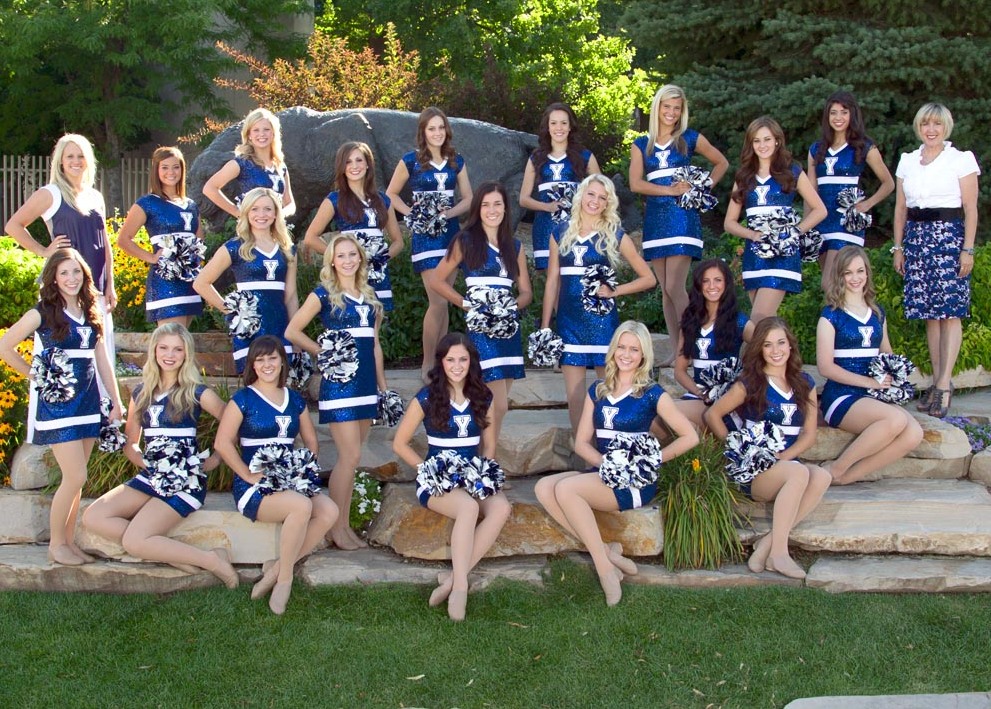 It can help spare your novice dancers the rejection of being cut and makes your job easier, as you’ll likely have fewer students to consider.
It can help spare your novice dancers the rejection of being cut and makes your job easier, as you’ll likely have fewer students to consider.
Whichever method you choose, it’s best to hold a meeting with parents before or during tryouts to explain the expected costs and time commitments that come along with competitive dance. The last thing you want is to select the perfect team only to have half drop out because of the price.
Schedule Practices and Outline Expectations
After you have a great group of dancers on your new team, you’ll need to create a practice schedule that works for all parties involved. Ideally, it shouldn’t interfere with their other dance classes or outside activities. However, the reality is that you may not be able to find a time that works for everyone. Do the best you can and make compromises whenever possible.
You’ll also need to outline your expectations for this new group. How many practices are they able to miss? What happens when they show up late? How far in advance do you need costume payments? Are there certain behaviors you expect dancers to uphold as representatives of your team? These are all important considerations to take into account. Competition teams generally have strict guidelines for dancers because if just one person is missing, the whole practice can be thrown off and the team may suffer.
Competition teams generally have strict guidelines for dancers because if just one person is missing, the whole practice can be thrown off and the team may suffer.
Hone Your Skills
Once the paperwork is filled out and expectations are set, it’s time to do what you do best – practice! Start creating routines, building team bonds and preparing your dancers for competition life. You may want to bring in guest speakers who have experience in competitive dance or attend a local competition to see what the atmosphere is like. Some competitive teams also require their students to attend certain camps to work on skills and technique, but this should depend on whether your students are willing and able to do so.
When you think your team is ready, pick your first competition and go for it! Whether you win or lose, you’ll be on your way to creating a strong, covetable competition dance team.
tweet
Dance School Art Force Crew Peredelkino | Contemporary choreography
Art Force Crew is a team that has culture, self-development and striving stimulate creativity and physical potential.
Our goal is to give every member of the studio an opportunity full development in the dance industry.
We share experiences and inspire people to think big and become the engine of your own success.
There are no unambiguously right and wrong points of view. The surest way to find the truth is to find out all the facts and draw your own conclusion! We achieve our goals thanks to a diverse and rich program throughout the year.
Socialization
Our main goal is to create an atmosphere of creativity and dance growth. Training in a team, a child from an early age forms such concepts as: team spirit, sociability and responsibility.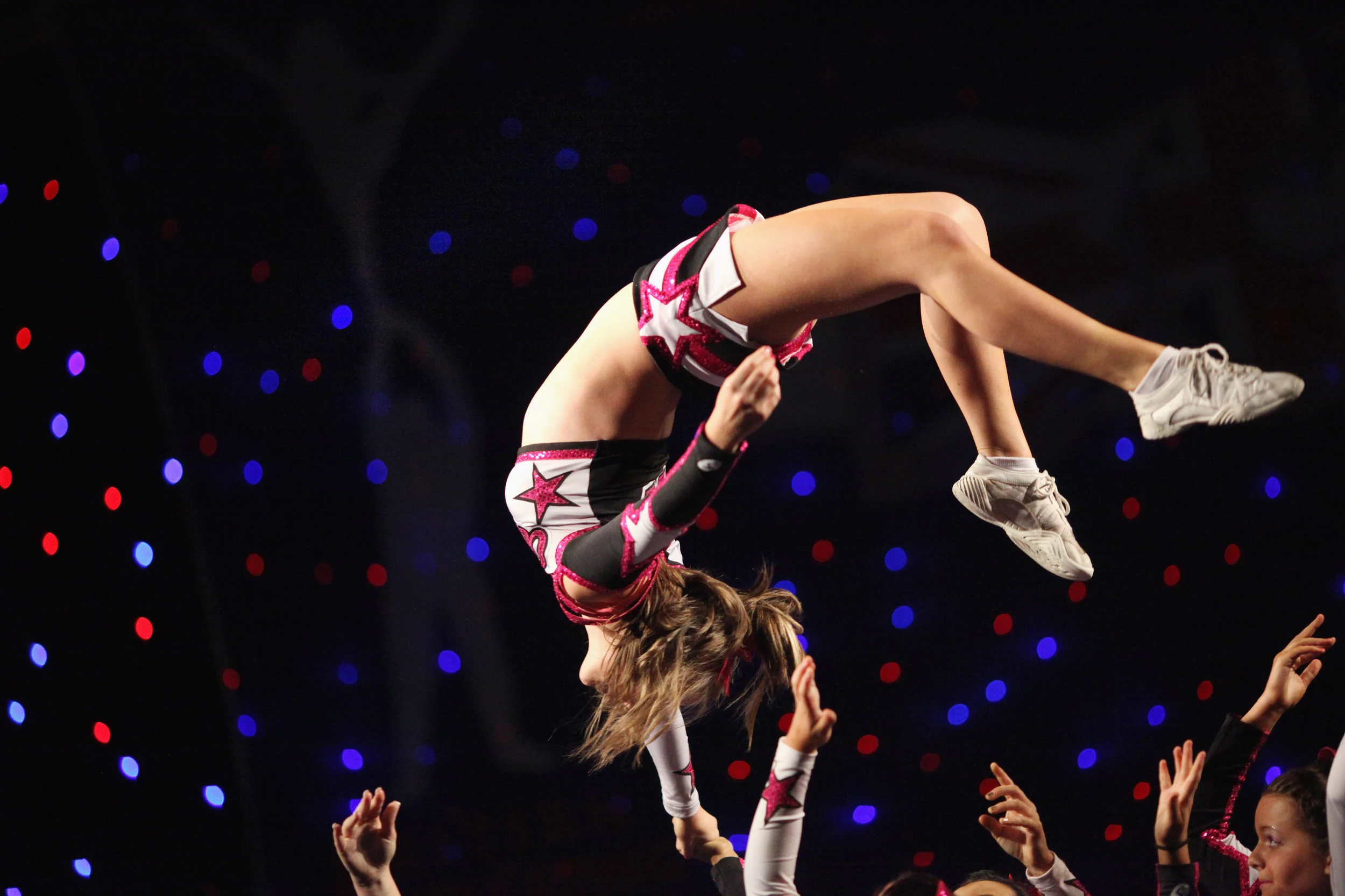
Modern choreography
Dance is the ability to share a part of yourself with others! In dance, a person is liberated and opens himself from the creative side. Sporty and trendy elements make the choreography brighter.
Sports training
It is important for every dancer to develop and maintain physical fitness. Dynamic, high-speed movements require increased physical effort, manifestation of strength, endurance, flexibility and coordination of movements.
Competitions
The competitive process is a powerful tool for consolidating the accumulated skills. Vivid emotions, excitement and the desire to be the best allow the dancer to reach a new level.
Workshops
Each choreographer has his own style and philosophy. The variety of approaches and techniques helps students to think independently and outside the box, to look at the dance more broadly. In the process, the student gets acquainted with new elements of dance, dances the choreography.
Performances
The experience of performing in large-scale projects allows dancers to overcome uncertainty and find points of creative growth and development. The dancers of our studio are filmed in clips, commercials and perform on the same stage with popular artists.
Our guides
The same things can be explained in different ways. The quality of the result equally depends on both the student and the teacher.
Dubov Evgeny
Head of Art Force Crew Peredelkino
✓ World Champion "IDO" 2016
✓ European champion "Cheerunoin" 2016
✓ winner "Hhi Russia" 2019, 2020
✓ coach of absolute champions of Russia 2019 9000 9000 9000 9000 9000 9000
✓ Coach of the winners and prize-winners of the festivals "Project 818", "Champ4U", "Grow up Fest", "Atmosphere dance champ", "Sugar fest", "Zona D", "Upgrade dance champ"
✓ Coach of the winners and prize-winners of "Project818", "Grow Up Dance Fest", "Inside Dance Fest", "Upgrade Competition" 2018, 2019, 2021, 2022
✓ Work with artists: Will Smith, Legalize, Dima Bilan, Klava Koka, Yegor Creed, Ivanushki International, Polina Gagarina, Hands Up, Khabib, Danya Milokhin, 5sta Family, Dabro, Vitas.
Zakharova Alina
Teacher of the ART FORCE CREW studio Peredelkino
✓ Winner of the European Championship 2018
✓ Winner of the Arbat Cup 2018
✓ Winner of "WTO" 2019
✓ Winner of "HHI Russia" 2019, 2020
✓ Coach of the winners of "E-motion dance festival" 2018
✓ Coach of the winners of "Step by step" 2021-2002 "Star cup" 2022
✓ Trainer of the winners of the festivals Grow up, Sugar fest, Zona D
✓ Work with artists: Danya Milokhin, Klava Koka, Hands up, Alexander Panayotov, Diana Khitarova, ARS-N, Slame
Sherifova Arina
Teacher of ART FORCE CREW studio Peredelkino
✓ Winner of the "Championship of Russia" 2019
✓ Winner of the "Cup of Russia" 2019
✓ Winner of the "WORLD DANCE OLYMPIAD" 2021
✓ Prize-winner of the "Championship of Russia", "Chestupmosphere", "Growtmosphere", "Growtmosphere", "Project 81" festivals dance champ", "Sugar fest", "Zona D", "Upgrade dance champ"
✓ Work with artists: Khabib, SWIPI, Ivanushki international
Sophia Blokhina
ART FORCE CREW studio teacher Peredelkino
✓ Winner of the Champion Russia" 2019
✓ Winner of the "Cup of Russia" 2019
✓ Winner of the "WORLD DANCE OLYMPIAD" 2021
✓ Winner of the festivals "Project 818", "Champ4U", "Grow up Fest", "Atmosphere dance champ", "Sugar "Zona D", "Upgrade dance champ"
✓ Work with artists: Khabib, SWIPI, Ivanushki international
Sign up for a free trial lesson
Baby
Age: 3-6 years old
Game approach
Leave a request
Children
Age: 7-10 years old
Flexible programs
Leave the application
Uniors
Age: 11-15 years old
Flexible programs
Leave the application
Adults
Age: 16+
Parental group
Leave a request
Media
There are many events throughout the year. Performances and competitions of adults and children's groups. You can see some of them in our gallery.
Performances and competitions of adults and children's groups. You can see some of them in our gallery.
more than 2500 students
in 8 dance schools
20 dance camps
For 10 years
600 master classes
more than 200 choreographers
We are happy that we managed to find this mega cool dance studio with such wonderful, competent, kind, sympathetic and moderately strict teacher! Evgeny Dmitrievich has an incredible talent not only as a dancer, but also as a teacher and organizer. He knows how to find an approach to children, to interest them, to instill a love for dance. Children adore and respect him. We recommend this studio to all our friends and acquaintances! Come and you won't regret it!!!
Valeria
My son and I are very happy that our school has an Art Force studio with a wonderful teacher, Evgeny Dmitrievich Dubov. Art-Force is a real team, a single living organism, children always and with pleasure run to training.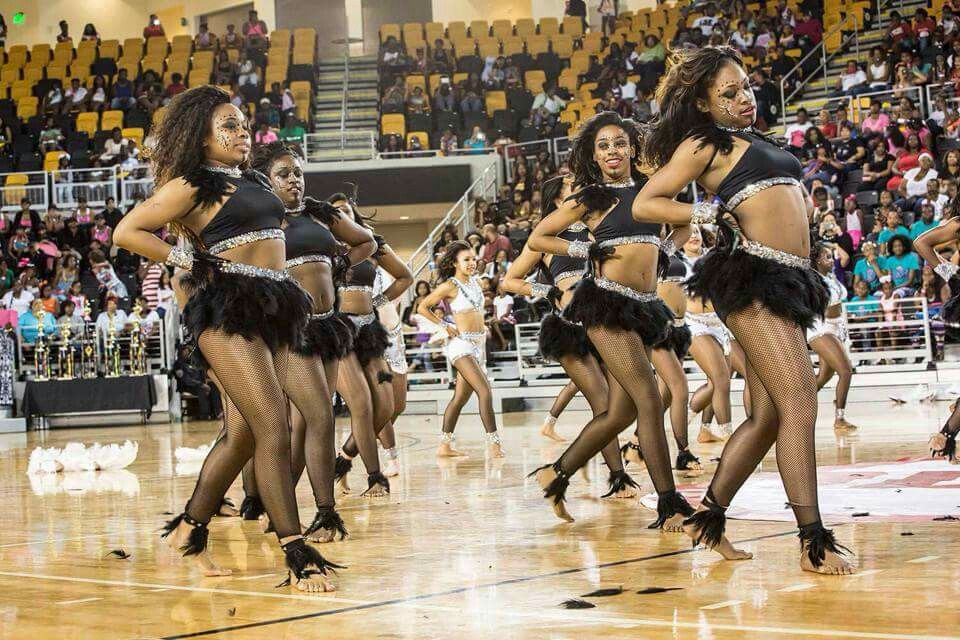 And reporting concerts, it's something. This is a drive, buzz and energy over the edge! I really look forward to the fact that this year there will be a mom group on weekends 😉 Thank you Evgeny Dmitrievich for the happy eyes of our children and love for movement!
And reporting concerts, it's something. This is a drive, buzz and energy over the edge! I really look forward to the fact that this year there will be a mom group on weekends 😉 Thank you Evgeny Dmitrievich for the happy eyes of our children and love for movement!
Elena
Our child has been a member of the Art Force Peredelkino team for the fourth year now. To say that he likes - to say nothing. He lives for dancing, his team and training. A big merit in this, of course, is our coach Evgeniy Dubov, whom the guys loved very much. I would also like to say that artfrrs is a big sports family that has united both the children and us parents. We are very happy to go to tournaments and competitions. And reporting concerts in the studio are always a holiday for us, which we are looking forward to.
Timonina Svetlana
We are very glad that we are part of the Art Force team ☺, Talented trainers are impressive, modern approach inspires, the results on the reporters charge you 🤗 You are the coolest, We are with you, we love you ❤ Thank you for the atmosphere and feedback!! !!
Mom Orga Rodion
Come to your first free dance class.
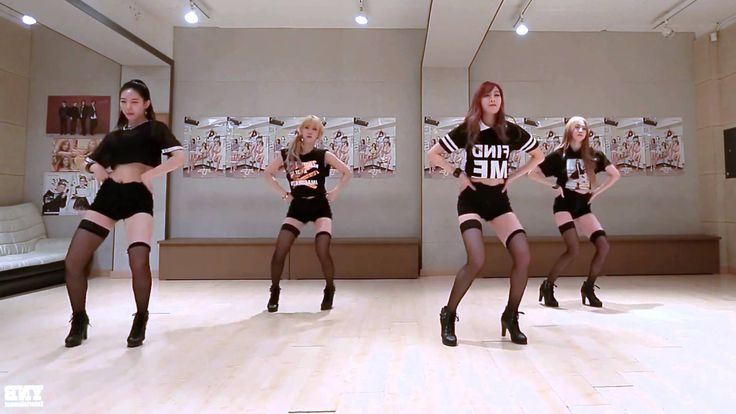
Send request
PHOTO STUDIO
Equipped and spacious halls. Comfortable atmosphere for working and creative process.
ROOM-TOUR
Leave a request
You can ask all your questions by calling or leaving callback request
Leave a request
Navigation
Moscow, Fedosino street, 12
artforcecrew_peredelkino
Your name: Contact number:Your application has been successfully registered!
Our administrator will contact you shortly by phone:
Call now!
+7 (968) 952-52-45
Unfortunately, we were unable to register your application!
Cause of error:
One more time
Information for parents of children involved in dancing.
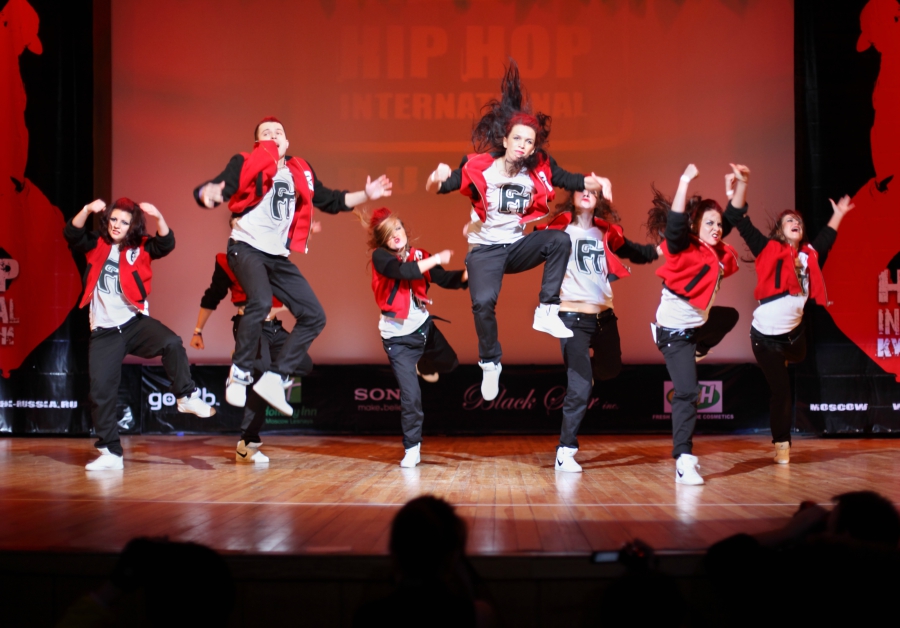
Memo to parents at the tournament.
Any competition is a big responsibility for the participants, parents and coaches. We have compiled an excellent memo for you, read it, print it out and calmly prepare for the competitions of your children.
1-2 days before the start of the tournament.
Try to stay calm and positive.
- think about the participant's costume in advance, it's better if the athlete's parents undertake this obligation, iron the dance costume, check the availability of all accessories for it.
- clean and put competition shoes in a separate bag.
- prepare and fold everything you need to create a hairstyle and an athlete's look. As a rule, this is a varnish, foam and glitter for hair, a comb. Now at tournaments, specially equipped tables are actively offered to create an image, but keep in mind that they may not be there. Alternatively, call and find out the contacts of the makeup and styling masters, and book them for a specific day and date. Styling and makeup is best done at home, and only tweaked at the tournament.
Styling and makeup is best done at home, and only tweaked at the tournament.
- don't forget spare socks and tights (for female athletes)
- check the athlete's classification book for ballroom dancing competitions
- be sure to bring a towel!
- put food and water. The priority is pure non-carbonated, bottled water. For a snack, cottage cheese with sugar, chicken cutlets with buckwheat, vegetable salad with whole grain bread, drinking yogurt or regular sandwiches.
- take a few pins to attach a number to your partner's back.
- think about the photos from the tournament in advance. Charge your camera and cameras. Or book a professional shoot.
- coach, one of the key people in the tournament. Think in advance, you might want to invite him with you. In this case, you need to take care of his travel, accommodation, passage to competitions in sports ballroom dancing in advance. Most often, the entrance to the competition is paid, but the coaches are given the opportunity to go for free, for this you need to contact the organizer in advance.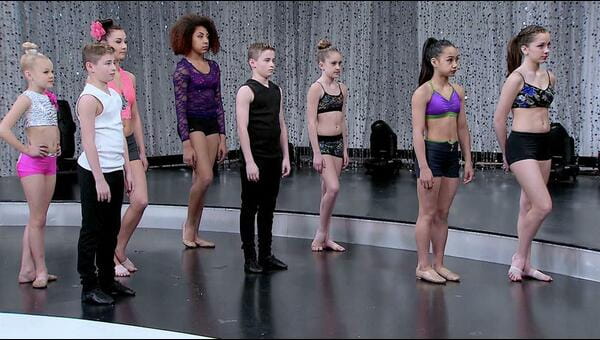
- on the day of the tournament, get up early to have a quiet meal, do your hair and makeup, check everything you need again according to the list, do not forget to take some money with you.
At the tournament :
- go to the tournament in advance, it is advisable to be at the sports dance competition 1-1.5 hours before the start. Usually the tournament is divided into sections. Registration of couples starts 1.5-2 hours and ends 30 minutes before the start of your section. After registration, you can always warm up, correct the image or repeat the movements.
- at the entrance you can buy a participant ticket (do not mix it up and buy a spectator ticket!). Ticket prices are always different and largely depend on the venue, federation and many other factors. Tickets for spectators are usually cheaper than for participants, so bring fans with you, they will definitely like it, and you will feel more comfortable.
- ask the controller where the changing rooms are located. Go to the locker room and find an empty space there (sometimes a big problem) where you can leave your things and change the children's clothes in the future. Quite often, empty auditoriums or even stands where the tournament itself takes place act as dressing rooms (it happens sometimes). Never leave your belongings unattended. When a large number of people gather, thefts are possible.
Go to the locker room and find an empty space there (sometimes a big problem) where you can leave your things and change the children's clothes in the future. Quite often, empty auditoriums or even stands where the tournament itself takes place act as dressing rooms (it happens sometimes). Never leave your belongings unattended. When a large number of people gather, thefts are possible.
- find the Counting Commission and register. Sometimes for this you have to stand in line from 5 to 30 minutes (sometimes more). You don't have to stand in line together. One of the partners is enough. He must have on hand: both tickets, both classification books (or both birth certificates or passports). When registering, sometimes they ask the name of the club and the name of the coach. If your coach is an active athlete, then give the name of the head of the club. At registration, you will be given two identical numbers that you need to attach to your partner's back: one for the suit of the European program (shirt, vest or tailcoat), the other for the Latin shirt.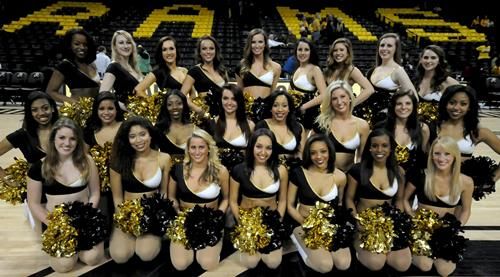 Attach the number neatly and evenly so that it does not bulge during the dance, otherwise it will spoil the whole impression of your couple. It is best to laminate the number itself (if such a service is provided at the tournament), or put it in a transparent file and attach it to the back in this form. The fact is that the numbers are paper and during the movement they can simply tear or even jump off the suit.
Attach the number neatly and evenly so that it does not bulge during the dance, otherwise it will spoil the whole impression of your couple. It is best to laminate the number itself (if such a service is provided at the tournament), or put it in a transparent file and attach it to the back in this form. The fact is that the numbers are paper and during the movement they can simply tear or even jump off the suit.
- study the entire hall and the venue of the tournament before the children leave, so as not to do this during the dancesport competition.
- do not rush to immediately change the athletes, look again at the schedule of the competition (the order of the performance of the groups), the schedule of dance runs (write down the runs on a piece of paper), it may well turn out that you are dancing 1-1.5 hours after it starts. It is best to find a place where you can warm up and repeat the variations. Sometimes, if everything goes according to schedule, between divisions, all couples participating in the next division are allowed to warm up right on the competition floor.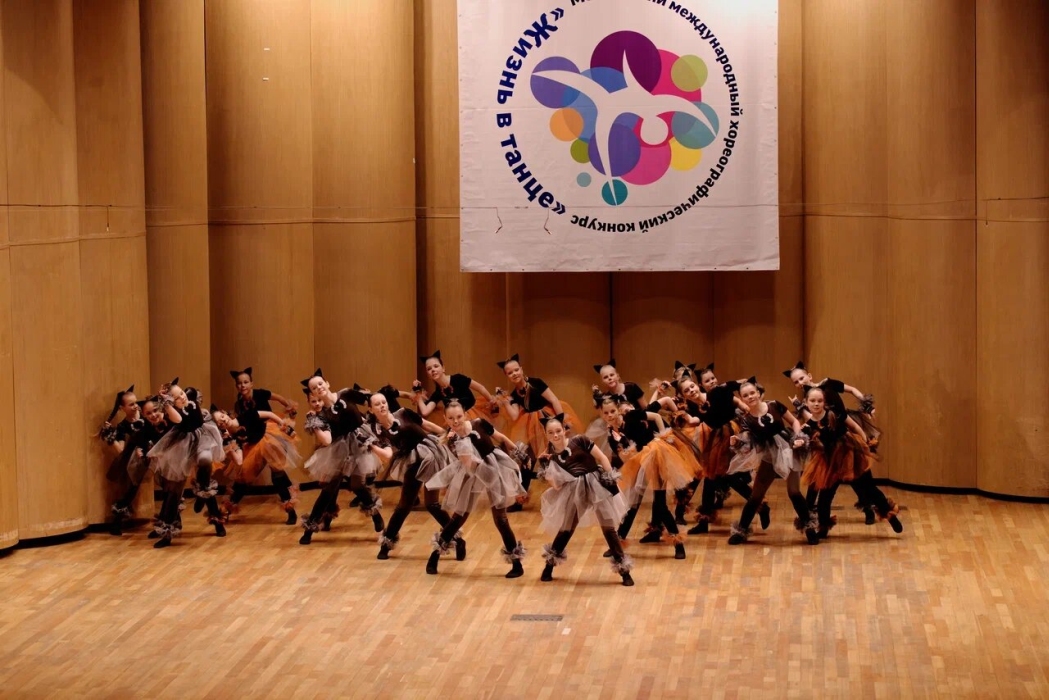 Do not neglect this opportunity, even if there are a lot of steam. It is necessary that the athletes "feel" the parquet (how slippery it is) and try on the size of the hall (the size of the site can be very different from your training hall). You don't have to dance at full strength. Go through the variations at least purely schematically. We recommend changing clothes approximately 40 minutes before going to the parquet.
Do not neglect this opportunity, even if there are a lot of steam. It is necessary that the athletes "feel" the parquet (how slippery it is) and try on the size of the hall (the size of the site can be very different from your training hall). You don't have to dance at full strength. Go through the variations at least purely schematically. We recommend changing clothes approximately 40 minutes before going to the parquet.
- warm up 10 minutes before the performance. Parents should make sure that their children stay together.
- it is customary for athletes to approach the dancesport coach after the dance (if the coach is with you).
- closely follow the dance sets. If the children dance in the last run, and the next dance in the first, then after the dance they need to stay on the site.
- if the athletes did not go out in their own run, then it is impossible to go out again in their run of the same dance.
- if the athletes did not enter their run, do not panic, enter the next one.
- if more than 7 pairs are registered in your group, then the tournament will be held in several rounds. Moreover, they can be interchangeable (for example, you dance a slow waltz in the 1st run, and a quickstep in the 3rd). Therefore, carefully study and remember the numbers of your visits and in no case do not confuse them !!
- if the athletes made incomprehensible remarks at the dancesport competitions or you notice some oddities - write down all the information from the chief judge and the organizers, and pass it on to your coach - he will be able to explain what happened and adequately respond to it, if necessary .
How to behave in competitions:
How to properly support your child? What should not be said? How to behave? Is your presence in the stands important to a child?
Parents in the stands
Child support
Competition is very important for a child from all points of view.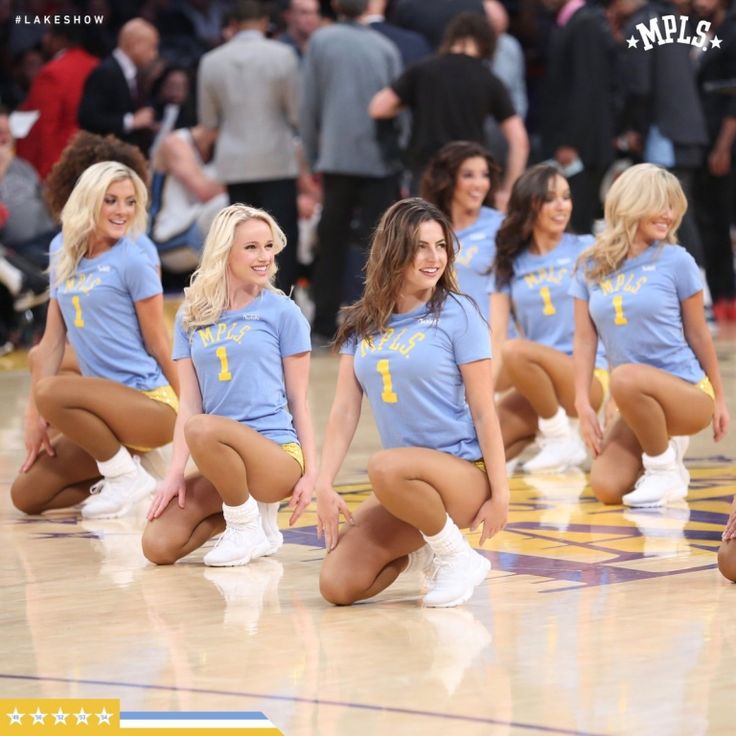 Firstly, one competitive day in terms of its effectiveness is approximately equal to a month of training. Secondly, competitions are extremely important for a child from the psychological side: this is a test, a stressful situation, new achievements, and knowledge of victories and defeats.
Firstly, one competitive day in terms of its effectiveness is approximately equal to a month of training. Secondly, competitions are extremely important for a child from the psychological side: this is a test, a stressful situation, new achievements, and knowledge of victories and defeats.
The support and care of loved ones is extremely important for any adult athlete. For example, many tennis players travel the world with their mothers or fathers, who, in fact, play only one role: the role of a loved one who is nearby. The one with whom you can always talk, share your experiences and relieve the heaviest load of emotions. What can we say about children!
A child should not compete alone, without support from relatives. You must attend the competition. The coach and friends in the sports section, no matter how many there are, will never replace the parent sitting on the podium. Your attitude to his performance, your assessment, your reaction is extremely important to the child .
Do you know what children most often shout to their parents on the podium? "Mom, dad, look!" Do you know why most children at home, after the competition, arrange real tantrums? "Mom, dad, you didn't look at me!" And the child is right.
Parental support at competitions
Vulnerable children's psyche needs your presence, as you are one with your child. He cannot cope alone with that nervous tension and oppressive atmosphere typical for competitions. He needs you!
During the competition, he will cast a glance at you, his relatives many times, and all this time, you should meet his eyes, smile, wave to him. Your support must be absolute and complete, but not intrusive. A look, a slight movement of the head is enough to express your support from afar. If you scream, cheer furiously for the child, and God forbid anything loudly advise - all this can only harm, knock the child off the pace of the competition, upset and embarrass him. The exception is if your child himself does not ask you to "loudly" cheer for him.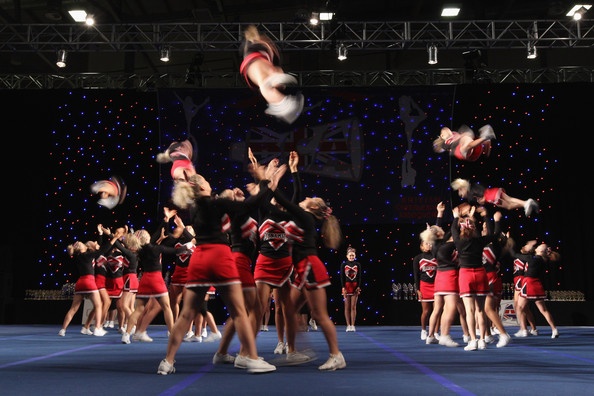
Correct behavior
- Do not interfere in the competitive process. Two people should decide what and how to do: the coach and your child. Your advice, even if you are an honored master of sports, will only hurt. Remember that in childhood there are no mistakes - there is only experience. Your child should now primarily gain experience, and not bring home medals and awards.
- If you think that your child is “weak”, “cowardly”, “compliant”, try to remember yourself at his age. Try to push aside all those protective mechanisms of your own psyche that you have been creating for many years and remember the truth to yourself. The truth, which turned out to be deliberately forgotten long ago. Maybe you have ever shown weakness? Maybe you were wrong once too? Maybe you were once a coward too? If so, let the child do the same. This is the necessary experience that you once received.
- No way don't swear if you lose. If for the first time it just brings additional negative emotions to the child (which is not so scary, of course, but ...), then at the next competitions the child will simply be afraid to lose because of how you react to his performances. And now this is scary.
- One of the main rules is you must approve not the fact of victory, but the desire for it. In other words, you must put character, emotions, human qualities above external categories - medals, cups, diplomas, victories. “You are a good man for winning. But the main thing is how you strived for this victory! With what zeal I wanted to win! I'm proud of you!".
- It is especially important to note the will to win in any case: both when the child won and when he lost. Actually, whether your child won or lost is absolutely unimportant. It is important whether he showed his character, whether he wanted to win.
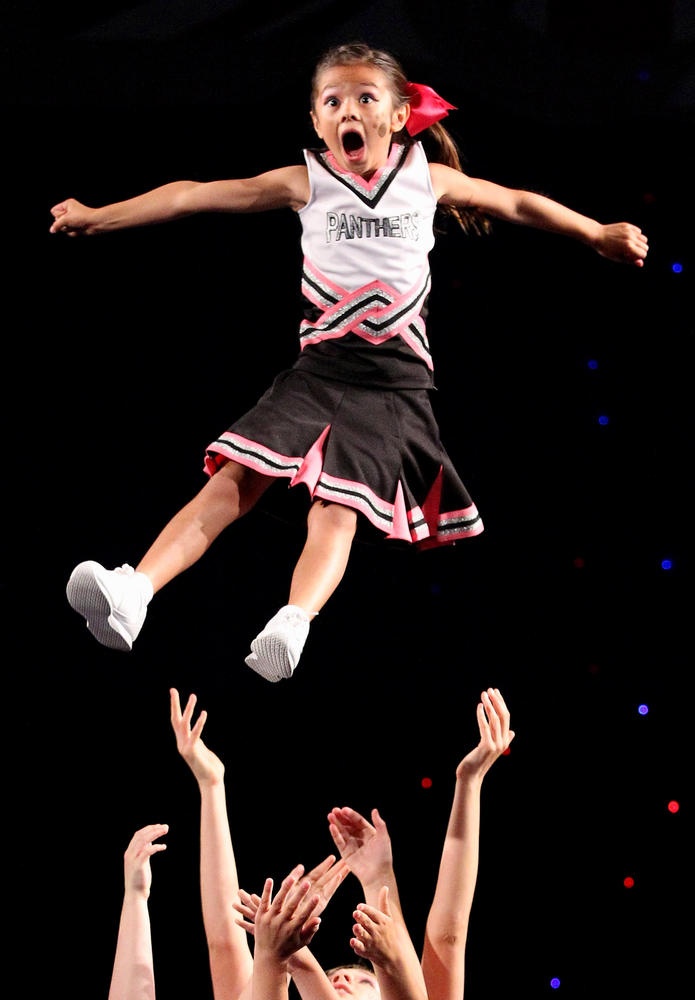 This must be understood by both you and him.
This must be understood by both you and him.
Conclusion
Competitions for children and adults are very different, and the most important difference is in the purpose of these events. Adults are for the most part mature individuals, and therefore have the opportunity to compete for awards, cash prizes, gifts, etc.
Children's competitions are held not at all for the sake of giving something to a child. First of all, these are activities that allow the child to reveal his inner world, to demonstrate to the world (and parents for a child are at least half of this very world, if not all of it) their qualities and skills, to show the best that he managed to achieve at the current stage own life.
link to source https://rebenokvsporte.ru/kak-vesti-sebya-na-sorevnovaniyah-instruktsiya-dlya-roditelej/
After the performance, do not rush to change the athletes. Wait for the award. If your children are a participant in mass sports, then in any case, regardless of the place taken, you will receive a diploma of the 1st, 2nd or 3rd degree.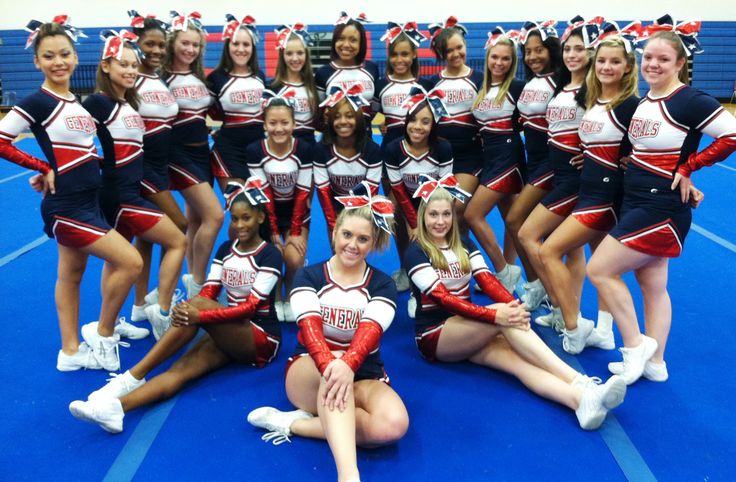 If your children are participants in sports of the highest achievements, then you should wait for the award only if they danced in the final. Otherwise, you are free, unfortunately. Athletes not showing up for the awards may be punished, so make sure that the athletes respect the judges and the spectators come to the awards.
If your children are participants in sports of the highest achievements, then you should wait for the award only if they danced in the final. Otherwise, you are free, unfortunately. Athletes not showing up for the awards may be punished, so make sure that the athletes respect the judges and the spectators come to the awards.
Never :
- Give children advice like “Hold your hand”, “Smile”, “Dance easy” and so on. What is not trained cannot be corrected at the tournament. And it's also impossible to jump above your head.
- Get upset about your kids' dancesport costumes or dance hairstyles.
- Scolding the guys for an unsuccessfully danced dance. It has already been danced and still nothing can be fixed.
- Criticize your child's partner or partner.
- Express your opinion aloud about the judges working at dancesport competitions.
- "Pestering" the main judge of the competition because of the results of your children received at the dancesport tournament.
 The chief referee of the competition monitors the observance of the rules: costumes, figures, tempo, duration of the melody, etc. He does not need to complain about the judges - he will not do anything anyway. You can only get clarifications.
The chief referee of the competition monitors the observance of the rules: costumes, figures, tempo, duration of the melody, etc. He does not need to complain about the judges - he will not do anything anyway. You can only get clarifications.
Possible :
- Shout, clap loudly, supporting your couple and teammates in dancesport competitions.
- Keep the dancers in a good mood.
After the performance:
If your child did not take 1st place in the competition and did not become the champion in sports dancing at this tournament, do not make a universal tragedy out of this! Be sure to celebrate any result.
Remember:
- Children are much more comfortable with failure than their parents.
- The dancesport coach also takes failure seriously.
- In sports dancing, each tournament is equal to a month of training in terms of training effect. And this is its main benefit.
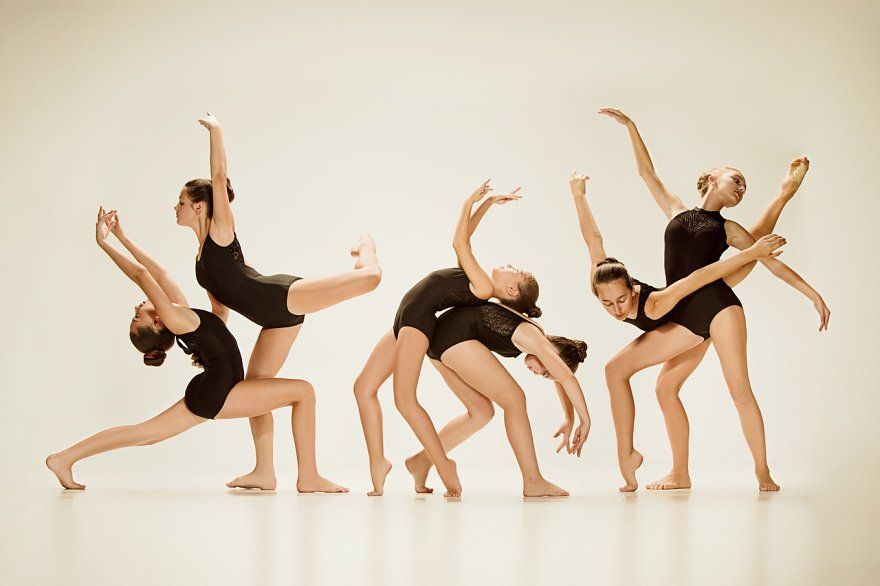
- Interclub dancesport tournament is a rehearsal, a test of readiness and character, psychological resistance to pre-launch unrest. The real level of children can be judged in open competitions in sports dances and at the championships of the city, region, country.
- Each "cross" means that this judge wants to see your couple in the next round of the dancesport competition.
- Your children's rivals are also training and want to win dancesport tournaments. There are many dancers, but the first place is one.
Successful competitions and objective judging!
WHAT IT IS IMPORTANT FOR A DANCER'S PARENTS TO UNDERSTAND.
Today we would like to draw your attention to a few things that damage your reputation, the reputation of the club where your child works out and bring colossal harm to your little dancer!
The whole problem is blind love and unconscious actions!
1.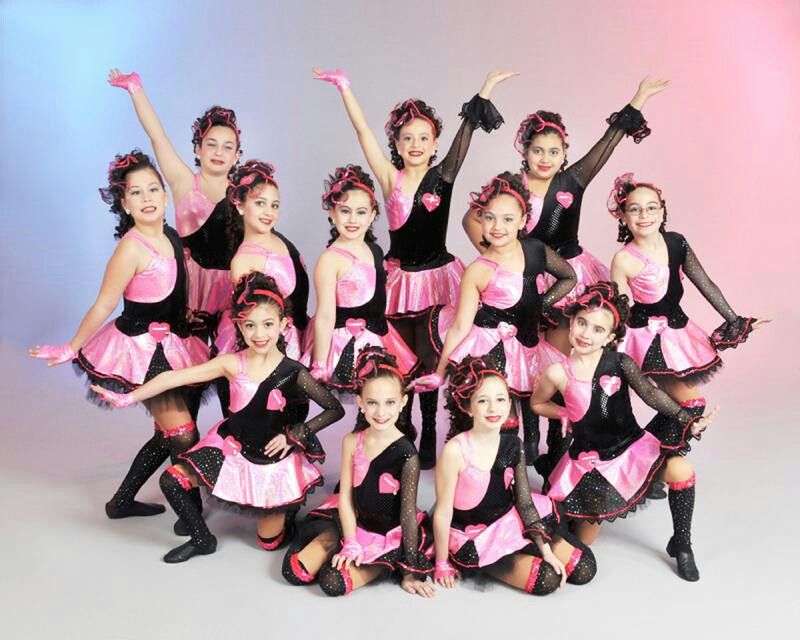 SITUATION ONE
SITUATION ONE
Occurs VERY FREQUENTLY (unfortunately).
When your baby is 4, 5, 6, 7...9 years old
When he is just starting to perform
When you (especially dads) are proud of your child and want to tell the whole world how wonderful your child is
YOU START PHOTOGRAPHING HIM !
And that's great, BUT!!!
A few things to consider:
1. During the child's performance, you try to get as close as possible to him, to draw his attention to you as much as possible in order to take the most beautiful photos in the world.
And you don't care at all that the child shouldn't pose for you at that moment, shouldn't even notice you in the hall, let alone try to get closer to you.
A must:
Be in the view of the judges!
Notice only the coach in the gym!
And focus on the performance of the song!
Unconsciously, by your actions you are preventing your dancer from performing well and taking a prize!
2. SITUATION TWO
SITUATION TWO
You think that your children are still too young and much can be forgiven and allowed to them. BUT!
It is quite natural that during the performance on the floor, the dancer should be able to move freely around the floor without fear of injury and without restricting his movements!
BUT THEY CANNOT DO THIS because your small children are sitting on the playground, put their feet on the playground, water bottles and stuff!!!
Usually the technical commissioner asks to pick up the children from the playground, take them beyond the boundary line, BUT YOU, the parents, DO NOT RESPOND to these calls, believing that the kids can do everything just because they are small!
I hope you understand that little children grow up, but habits remain. And if you do not instill the rules of behavior in a baby, then they will not appear in an adult!
And then you will be indignant that your child stumbled over someone's foot on the playground and got injured.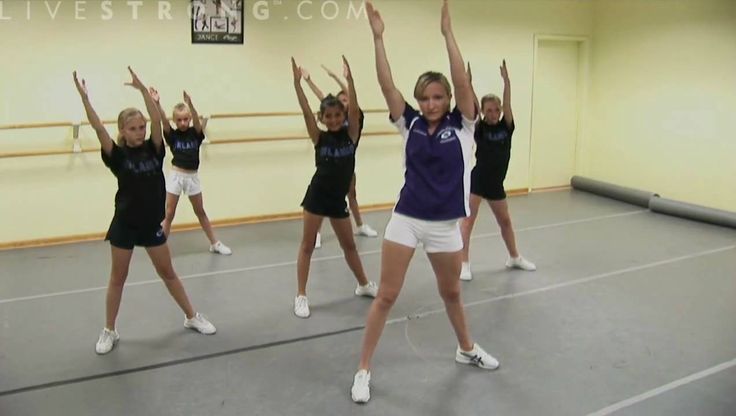
That your child was not able to do all the movements with full force and with maximum amplitude because he was interfered with by ALIEN KIDS sitting behind the restrictive strip!
That your team or dancer was disqualified for violations...
But all this can be avoided by simply accustoming a little dancer to the rules of behavior on the dance floor!
3. SITUATION THREE
You leave the competition without waiting for the award for the reason:
- your child is tired
- or because your kid didn't win a prize, but a coach can also get a finalist diploma
Such an attitude to the results of your child's performance is simply CRIMINAL!
By such behavior you show disrespect to yourself, to your child, to your coach and to the event as a whole.
I consider this completely unacceptable and in my team react very harshly to such behavior. Namely, either I do not allow the child to the next competition, or I leave his award in the club's fund (even if it is a cup or a medal).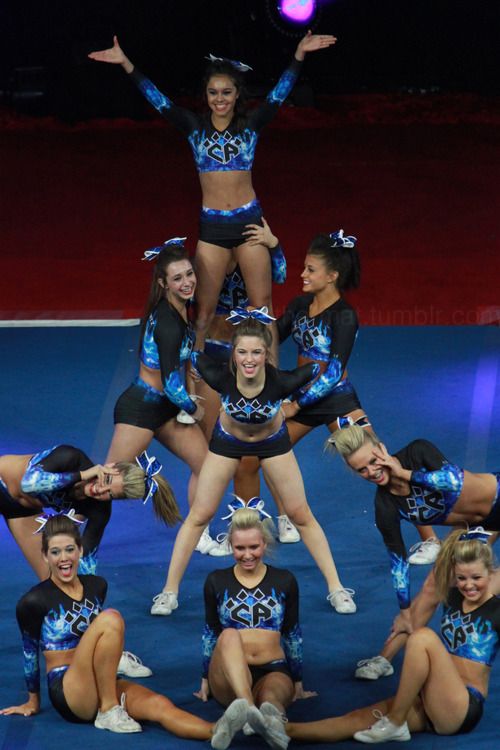 And I think this is a completely fair decision.
And I think this is a completely fair decision.
4. SITUATION FOUR
Photo on the pedestal.
Before or after the competition, parents start taking pictures of their beloved babies on the pedestal in various funny poses. It would seem a joke, Funny photo for memory, BUT!!!
It is these actions that devalue the value of the pedestal.
Have you ever seen that at the World Championships, European Championships or at the Olympic Games, athletes or dancers who have not received prizes and awards climb to the highest step of the podium to be photographed on it sitting, lying, somersaulting ...... .
Or maybe you have seen how anyone who wants to be photographed on the "Red Carpet" crawling along it like a plastuna or jumping into a twine!? It's even impossible to imagine!
So why do you allow yourself and your baby to act like this?
5. SITUATION FIVE
Your baby won! He happily runs to you, shows you the reward and receives a portion of praise from you! And with the whole friendly family you leave the hall.
It would seem that everything is true, BUT think about it:
Is your child the only one to be praised in this situation? Or there is still a person in the hall who made a huge contribution to the victory of your child.
Maybe you should praise your kid, and then together with him go to your coach and thank him for the victory of your dancer?
I think it's worth it! It is worth accustoming the child to the fact that not only he is "guilty" of his victory, but also those people who teach him! It is worth accustoming yourself and the baby to certain norms and rules of behavior.
It may not be easy and it will cost you some work, but remember that it will pay off handsomely.
Let's love our children by bringing out the best in them.
ABOUT THE RELATIONSHIP BETWEEN COACHES AND PARENTS IN SPORT.
In our time, we often become witnesses of the hyper-participation and omniscience of the parents of athletes in the business that their children are engaged in.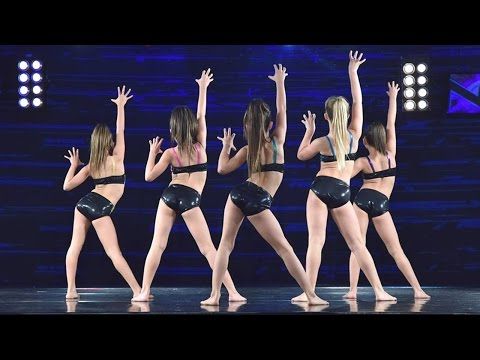 Coaches often hear advice and complaints about their work. At a certain moment, the question begins to arise about why you need us so much, if, according to the logic of many, we generally have no idea what to do and generally spend our time on the wrong things and the wrong ones?
Coaches often hear advice and complaints about their work. At a certain moment, the question begins to arise about why you need us so much, if, according to the logic of many, we generally have no idea what to do and generally spend our time on the wrong things and the wrong ones?
In turn, I really want to ask parents about what they did to ensure that their athlete achieves success and the attention of a coach? Yes, yes ... You heard right. You have to fight for attention. Still, let's take a look.
1. What results can we talk about if your child misses classes all the time? In fact, in most cases it turns out that when we need it, we come and demand strictness and attention, and when we don’t need it, we can skip it. Go to a birthday party to eat a cake, go on an excursion, and also take part in 125 circles on reading poetry, making pottery and artistic whistling. I will tell you as an athlete and coach that in order for there to be progress due to high ambitions, you need to sleep in the gym.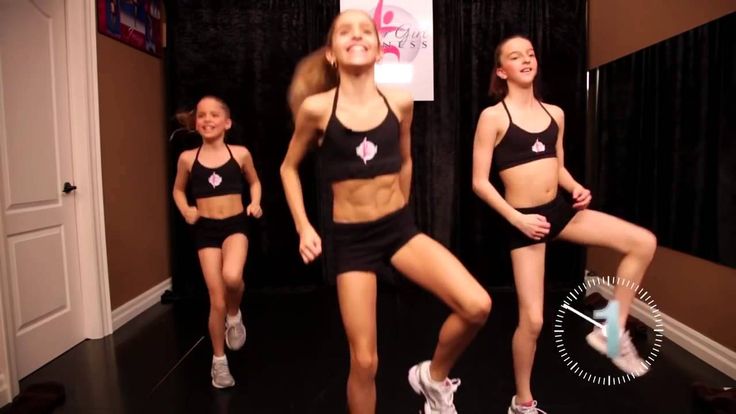 And maybe in five years you will start to get something. Does the child do homework? I assure you that almost every athlete receives assignments and work at home. This is a minimum of strength training and stretching. Have you seen him doing something at home? School assignments you solve at home. Why do you think that the coach's tasks can be ignored?
And maybe in five years you will start to get something. Does the child do homework? I assure you that almost every athlete receives assignments and work at home. This is a minimum of strength training and stretching. Have you seen him doing something at home? School assignments you solve at home. Why do you think that the coach's tasks can be ignored?
2. Do you keep track of your child's proper nutrition? There is a certain set of rules about the appearance, weight and nutrition of the athlete as a whole. If you feel sorry for your poor hungry child who ate the first, second, but was left without sweets, I suggest you an experiment. Pick up a 5-liter bottle of water and jump for 4 hours. Now think about the fact that your child is also three times smaller than you. Excess weight is primarily an injury. Whether you like it or not.
3. Have you instilled in your child the concept of diligence? Do you explain to him that in order for something to work out, you need to work hard, be patient? What you need to be able to listen and hear. After all, the coach explains the same to everyone !!! Some people just hear it and some don't. And some don't need it at all. And someone is generally a terrible lazy person, and at least, excuse me, beat him with a stick, he will stand and sharpen his laces. But parents firmly believe that it is their child D'Artagnan who sometimes reaches the point of absurdity: the child's words about how diligent and promising he is are believed more than the coach's simple words: Lazy!
After all, the coach explains the same to everyone !!! Some people just hear it and some don't. And some don't need it at all. And someone is generally a terrible lazy person, and at least, excuse me, beat him with a stick, he will stand and sharpen his laces. But parents firmly believe that it is their child D'Artagnan who sometimes reaches the point of absurdity: the child's words about how diligent and promising he is are believed more than the coach's simple words: Lazy!
4. Very often one hears from children: "But my mother said that I don't need it." My dears, my mother has nothing to do with it at all. There are instructions from the coach about what you need to bring with you to competitions or training camps. Or what to take for training. Why do you think that this can be neglected? Understand that only your child gets problems.
5. Many parents today believe that school and sports should educate. No. Parents should teach the elementary rules of decency. Your child should know what respect for elders and especially his teacher is. Entering the hall say: "hello." When leaving, do not forget to thank for the training and say "goodbye." Returning from the competition, do not forget to approach the teachers who did not accompany them, but also prepared for these starts, and say "thank you". Tell how everything went and discuss the mistakes. What about team work? It is very important to be able to start with yourself, and not blame each other for mistakes and sort things out. Believe me, we have to spend a million hours on changing understanding, education, conversations, etc. It is difficult for children. They are used to living in a state of eternal correctness, and the coach has to break character. Children should be able to make their own decisions. Help us teach them this. They have their little baby solutions too. For which they should be able to bear responsibility, and not look for someone to blame and wait for someone to decide everything for them and everything will work itself out.
Entering the hall say: "hello." When leaving, do not forget to thank for the training and say "goodbye." Returning from the competition, do not forget to approach the teachers who did not accompany them, but also prepared for these starts, and say "thank you". Tell how everything went and discuss the mistakes. What about team work? It is very important to be able to start with yourself, and not blame each other for mistakes and sort things out. Believe me, we have to spend a million hours on changing understanding, education, conversations, etc. It is difficult for children. They are used to living in a state of eternal correctness, and the coach has to break character. Children should be able to make their own decisions. Help us teach them this. They have their little baby solutions too. For which they should be able to bear responsibility, and not look for someone to blame and wait for someone to decide everything for them and everything will work itself out.
6. Never discuss the work of coaches and referees in front of children. And never interfere with the training process and the coach's plan, the decisions of the judges at the competition. Again, when I constantly hear some kind of dissatisfaction and questions, I want to ask: "Why such sacrifices and torments? After all, no one is holding you by force." What are the coaches maniacs what or what? Trust that each student has a different work plan and approach. Your educational work. And your pace of development. Someone thinks and learns quickly, but someone needs time. This is fine. We are all living people and we are all different. And do not panic at one unsuccessful performance. Children are not robots and always have the right to be human. Olympic champions make mistakes, what can we say about a little girl who first came out to perform at big competitions. Forget the words: "follow", "check", "pay attention" and so on... We don't come to your house and don't teach you how to fry cutlets, for example.
And never interfere with the training process and the coach's plan, the decisions of the judges at the competition. Again, when I constantly hear some kind of dissatisfaction and questions, I want to ask: "Why such sacrifices and torments? After all, no one is holding you by force." What are the coaches maniacs what or what? Trust that each student has a different work plan and approach. Your educational work. And your pace of development. Someone thinks and learns quickly, but someone needs time. This is fine. We are all living people and we are all different. And do not panic at one unsuccessful performance. Children are not robots and always have the right to be human. Olympic champions make mistakes, what can we say about a little girl who first came out to perform at big competitions. Forget the words: "follow", "check", "pay attention" and so on... We don't come to your house and don't teach you how to fry cutlets, for example.
And one more thing... The work of a coach, referee and any other teacher in this field is an endless work of the brain and the expenditure of energy.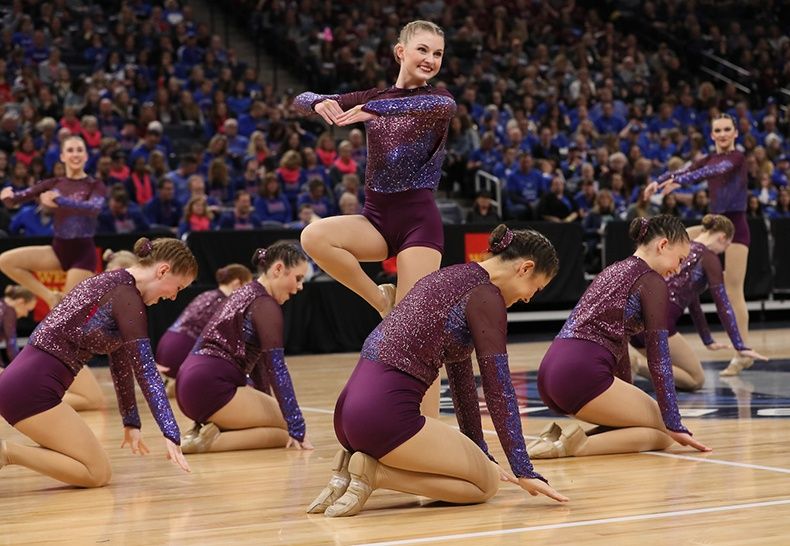 We cannot, like accountants, close the laptop and go home. There are always a lot of plans, performances in my head ... The coach always thinks about how best to do it here, and here ... And here ... He never rests. So please, let's give each other a break. At work, we always give a part of ourselves to make your children better. After all, sport teaches not only to sit on the twine. He teaches us many human qualities that help us live in adulthood: responsibility, the ability to achieve one's own no matter what, perseverance, mutual assistance, the ability to solve problems in an acute situation, to think and not get lost, dignity and you can list for a very long time. This I mean that you don’t need to call at 8 am on a day off with a question about what dresses to buy or write SMS at 12 am that you forgot your shoes in the hall.
We cannot, like accountants, close the laptop and go home. There are always a lot of plans, performances in my head ... The coach always thinks about how best to do it here, and here ... And here ... He never rests. So please, let's give each other a break. At work, we always give a part of ourselves to make your children better. After all, sport teaches not only to sit on the twine. He teaches us many human qualities that help us live in adulthood: responsibility, the ability to achieve one's own no matter what, perseverance, mutual assistance, the ability to solve problems in an acute situation, to think and not get lost, dignity and you can list for a very long time. This I mean that you don’t need to call at 8 am on a day off with a question about what dresses to buy or write SMS at 12 am that you forgot your shoes in the hall.
And, of course, no matter how much we would like and dream, there is only one first place. And there are thousands of athletes. To become an Olympic champion is not enough talent, appearance and even work.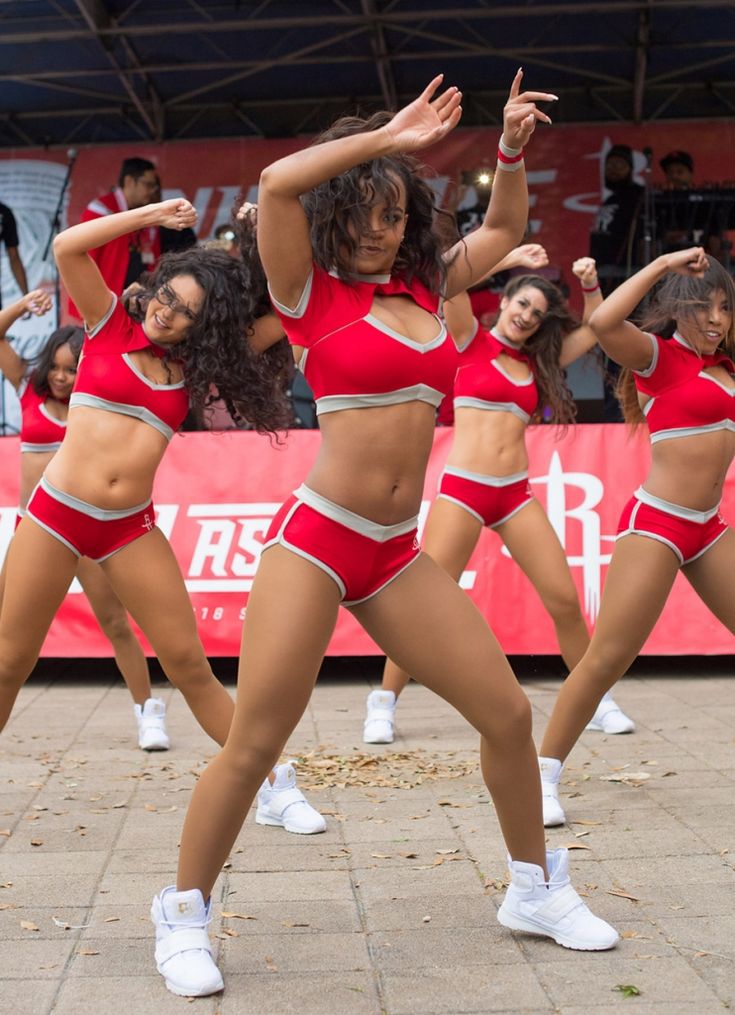 You have to be born under a very lucky star. And there is nothing wrong with your child exercising for the sake of the process, and not for the sake of medals. All this will not go unnoticed. Be your child's friend. Praise him, support him. And the coaches will scold him...
You have to be born under a very lucky star. And there is nothing wrong with your child exercising for the sake of the process, and not for the sake of medals. All this will not go unnoticed. Be your child's friend. Praise him, support him. And the coaches will scold him...
Let's say you decide to take up dancing, find a coach, everything suits you, classes have begun. And here the most interesting begins. Parents are wondering - when will the result appear? And what should it be?
The problem is that many parents (or their children themselves) come to dances with the hope that in a month or two at the most they will be dancing like this wonderful couple in the video (which, by the way, have been dancing for decades). ). I want to warn you right away - know what you are going for! Dancing is primarily a sport. And in sports you need to work hard. It is especially necessary to understand this at the first stage.
At first, any good coach will put the child on the so-called base.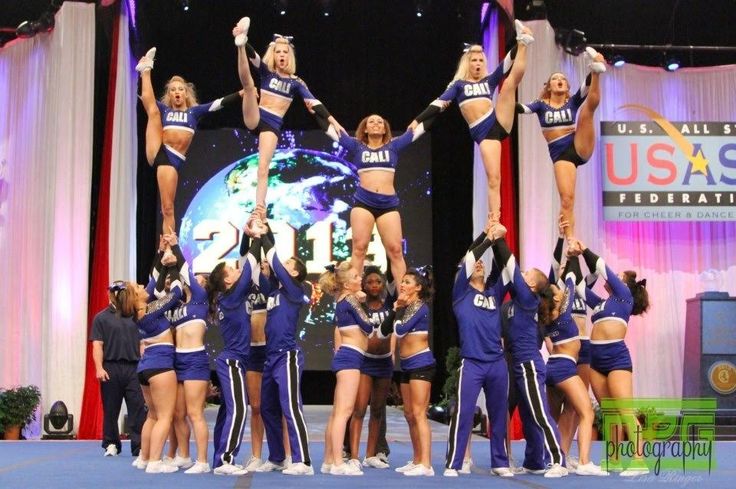 This is the ability to feel your body, which we talked about in the first issue. This is the ability to keep your back and head straight. This is the ability to listen to music, get into it, learning the simplest movements. This is the ability to work, diligence, perseverance. Yes, it is long, tedious, and there is nothing to brag about to the neighbors. It's not something you've seen on TV or on video. But this is exactly what children need for further success. Then acting skills, complex poses and supports, beautiful plasticity very easily fall on a good base.
This is the ability to feel your body, which we talked about in the first issue. This is the ability to keep your back and head straight. This is the ability to listen to music, get into it, learning the simplest movements. This is the ability to work, diligence, perseverance. Yes, it is long, tedious, and there is nothing to brag about to the neighbors. It's not something you've seen on TV or on video. But this is exactly what children need for further success. Then acting skills, complex poses and supports, beautiful plasticity very easily fall on a good base.
But often parents bring their children to dances not for their children, but for themselves - in order to realize their dreams and ambitions. Because it is fashionable, prestigious or very expensive. And the coach, seeing this, begins to "work off" parental money - instead of boring and necessary work on the base, children are given complex images, acting, complex choreography. This is immediately evident, because the children do not yet realize what they are doing, and for them this looks like just antics.